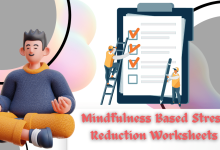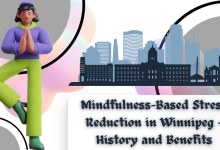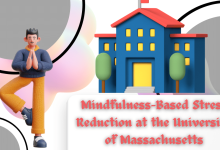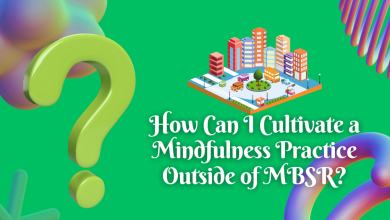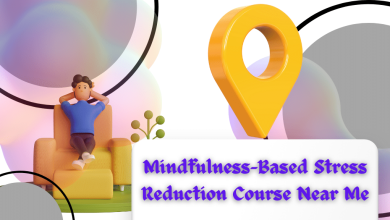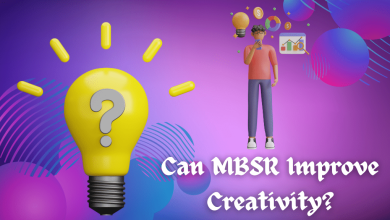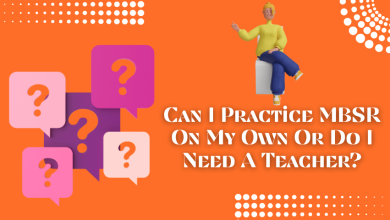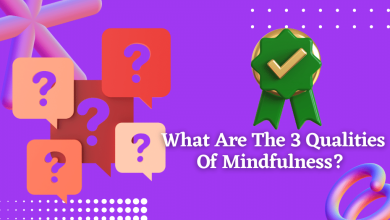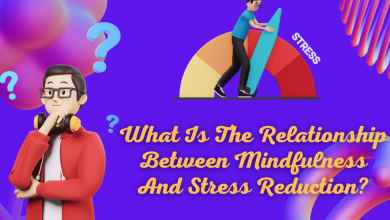Who Can Benefit From Practicing MBSR?
Mindfulness-Based Stress Reduction (MBSR) is a form of meditation and relaxation technique developed by Dr. Jon Kabat-Zinn at the University of Massachusetts Medical School in the late 1970s.
The technique has gained popularity in recent years due to its proven effectiveness in reducing stress, anxiety, and depression.
MBSR is a structured eight-week program that combines mindfulness meditation, body awareness, and yoga.
It aims to help individuals increase their awareness and acceptance of the present moment, reduce their tendency to judge their thoughts and feelings, and improve their coping mechanisms when faced with stressful situations.
Now, let’s answer the question
Who Can Benefit From Practicing MBSR?
MBSR can benefit anyone looking to reduce stress and improve their overall well-being. Some specific groups of people who may benefit from MBSR include:
1. People With Chronic Pain
Chronic pain can be debilitating and lead to a decreased quality of life.
MBSR has been shown to help reduce the perception of pain and increase individuals’ ability to cope with pain.
A study published in the Journal of Psychosomatic Research found that MBSR significantly reduced the severity of chronic pain in patients with fibromyalgia.
2. People With Anxiety And Depression
MBSR can be effective in reducing symptoms of anxiety and depression.
A study published in the Journal of Consulting and Clinical Psychology found that MBSR was just as effective as cognitive-behavioral therapy in reducing symptoms of anxiety and depression.
Another study published in the Journal of Alternative and Complementary Medicine found that MBSR was effective in reducing symptoms of depression in breast cancer patients.
3. People With High-Stress Jobs
High-stress jobs can lead to burnout and decreased job satisfaction.
MBSR can help individuals cope with stress and improve their overall job performance.
A study published in the Journal of Occupational Health Psychology found that MBSR improved job satisfaction and reduced burnout in teachers.
4. Pregnant Women
Pregnancy can be a stressful time, and MBSR can help pregnant women reduce stress and anxiety.
A study published in the journal BMC Pregnancy and Childbirth found that MBSR reduced anxiety and depression in pregnant women and improved their overall well-being.
5. Older Adults
Older adults can benefit from MBSR by reducing symptoms of loneliness, anxiety, and depression.
A study published in the Journal of Gerontological Nursing found that MBSR reduced symptoms of loneliness and increased resilience in older adults.
6. Veterans
Veterans can benefit from MBSR by reducing symptoms of post-traumatic stress disorder (PTSD) and improving their quality of life.
A study published in the Journal of Traumatic Stress found that MBSR reduced symptoms of PTSD and depression in veterans.
These are just a few examples of the many groups of people who can benefit from practicing MBSR.
MBSR is a flexible technique that can be adapted to meet the needs of different individuals and groups.
Concluding Answer, MBSR is a powerful tool for reducing stress, anxiety, and depression and improving overall well-being. It can benefit a wide range of people, including those with chronic pain, anxiety, depression, high-stress jobs, pregnant women, older adults, and veterans.
By practicing MBSR, individuals can increase their awareness and acceptance of the present moment, reduce their tendency to judge their thoughts and feelings, and improve their coping mechanisms when faced with stressful situations.
